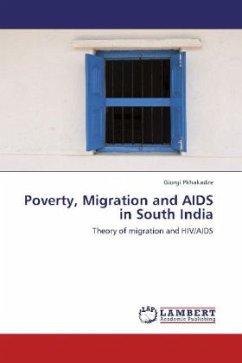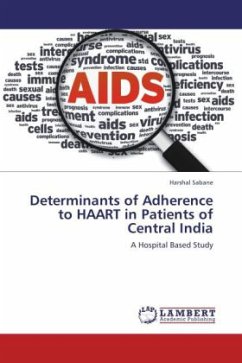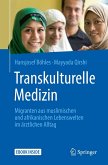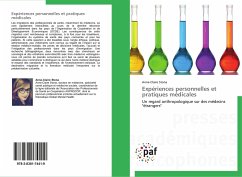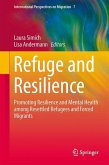Free from the traditional social restrictions and taboos of their communities of origin, and taking advantage of the anonymity of cities, migrants generally adopt more liberal sexual behaviours at their places of destination. They are also more subject to external influences, which may drive them to adopt new practices such as drug use. Because of this increased vulnerability, they may become transmitters of STI/HIV to their families and communities back home. In fact, in Tamil Nadu, migration is the main link between HIV high-risk groups and the population at large. Although all elements point to the importance of a coordinated prevention policy for migrants on HIV, research on the subject has been minimal and inter-state cooperation has been restricted to a few isolated activities, falling short of a comprehensive policy on the subject. It is hoped that the present research will contribute to filling this gap. This research adopted a cross-sectional methodology, including a thorough literature review, and detailed questionnaires for 1009 slum dwellers. Additional qualitative data was collected, through 20 focus group discussions.
Bitte wählen Sie Ihr Anliegen aus.
Rechnungen
Retourenschein anfordern
Bestellstatus
Storno

